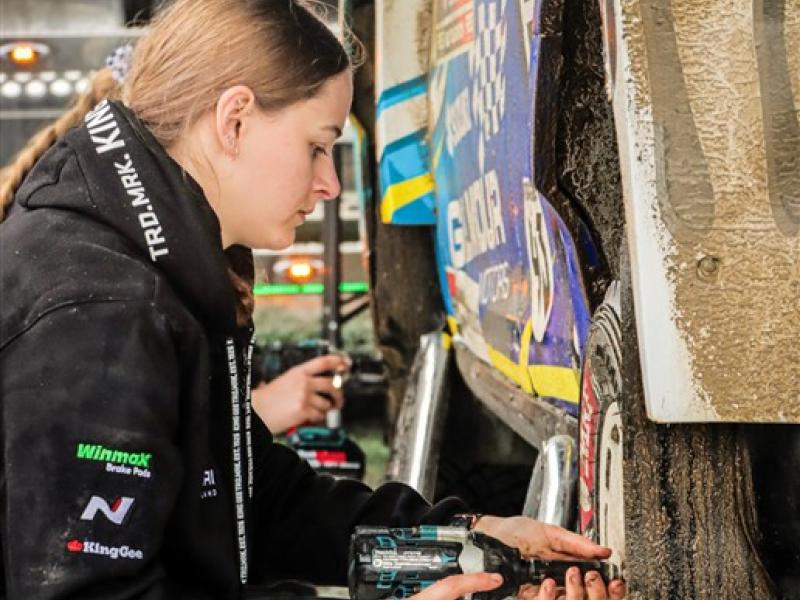Uncertainty caused by a widespread reform of the vocational education industry will see employers turn to foreign labour rather than training apprentices according to an industry expert.
Neil Pritchard general manager of the Collision Repair Association (CRA), which represents hundreds of panel beaters from around NZ, says the proposed sector overhaul will hit rapidly evolving, tech industries the hardest.
He says the current pace of technological change in automotive repair as a result of more new construction materials, autonomous driving technology and advancement of electric vehicles is faster than at any time in the past century.
“Keeping up with the pace of change is critical to ensuring quality repair work and the maintenance of safe vehicles on our roads,” he says.
Pritchard says trade organisations such as the CRA rely on specialist Industry Training Organisations (ITOs) such as the Motor Industry Training Organisation (MITO) which ensure their training needs are up-to-date with international standards.
“Under the current model our industry is effectively represented by expert member volunteers on various review committees which review new vehicle trends. This ensures we drive appropriate changes to the qualification and training.
“Training organisations like MITO have field staff which have spent years developing expertise and intellectual property to meet the training needs for the industries they represent,
“Under the Government’s proposal ITOs such as MITO would be removed, leaving a gaping knowledge and relationship hole that we have little faith can be readily filled,” he says.
Pritchard says the impact of removing this layer from the training process would be widespread and immediately disruptive to businesses.
“Historically, polytechs have played only a small part in meeting our training needs. ITOs were set up by industry specifically to perform this function and it is something they do very well.
“It is unrealistic to expect polytechs to fulfil a role that has never been part of their mandate.
“As an industry under immense pressure from a skills shortage, we need work-ready young people and we simply cannot afford to put the training standards at risk.
“The result will be employers bypassing the hiring of local apprenticeships and looking to fulfil their skills shortages with more experienced foreign labour which are already trained to the standard required,” he says.
Pritchard says a qualification under the proposed education regime may be seen by employers as less desirable - impacting on the future employment opportunities for trainees.
“As polytech loses touch with industry it will undermine the credibility of the qualification - which will make future graduates less desirable as employees.
“Ultimately this will reduce the future pipeline for those entering training at that level,
“What we would like to see is the preservation of the ITOs which are already working effectively towards reducing the skills shortage. This will ensure we can continue to maintain quality standards and decrease the need to use foreign skilled labour,” he says.






